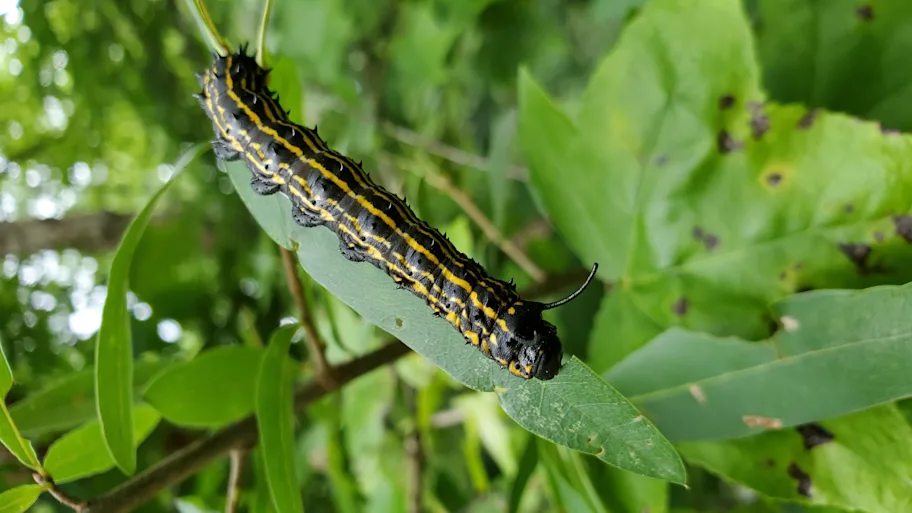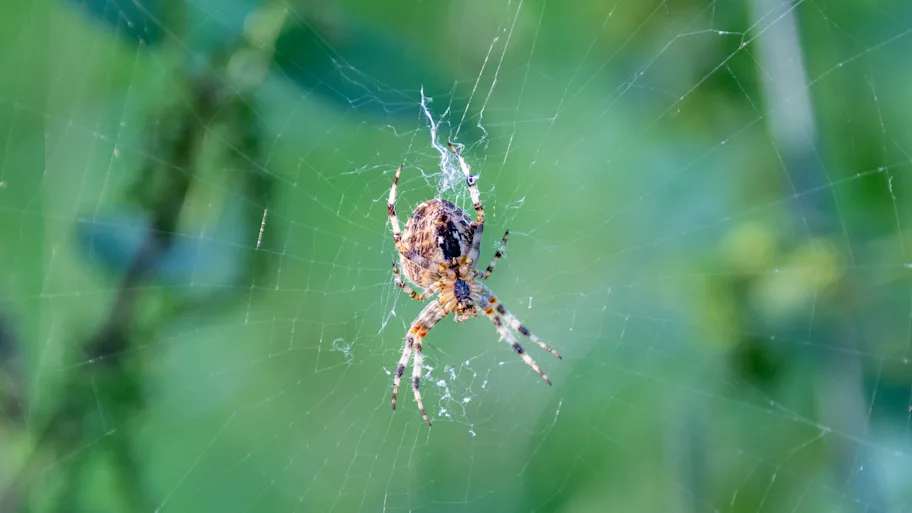
- Science news
- Life sciences
- Scientists engineer human antibodies that could neutralize black widow toxin
Scientists engineer human antibodies that could neutralize black widow toxin

Black widow bites can cause severe illness, which can be treated with horse-derived antibody sera. This method, however, is not entirely safe. To change this, researchers have generated fully human antibodies that can neutralize the alpha-latrotoxin of the European black widow. These antibodies could provide an unlimited supply of a drug of constant quality and efficacy against latrodectism. Preclinical and clinical tests are needed before the antibodies can be used in practice, the researchers said.
There are various types of widow spiders, including black, red, and brown varieties in North and South America, the Australian redback spider, and several button spider species that inhabit South Africa. In Europe, Latrodectus tredecimguttatus – the European black widow – inhabits the Mediterranean region, but recently and due to the changing climate, the widows have been expanding their habitat.
Widow spiders’ bites can cause latrodectism, a disease where the spider’s venom, a neurotoxin known as alpha-latrotoxin, attacks the nervous system and causes symptoms like severe pain, hypertension, headache, and nausea. Black widow bites can be treated with antibodies derived from horses, but to make treatment safer for patients, researchers in Germany have set out to develop fully human antibodies.
“For the first time, we present human antibodies which show neutralization of black widow spider venom in a cell-based assay,” said Prof Michael Hust, a biologist at the Technical University of Braunschweig and senior author of the study published in Frontiers in Immunology. “This is the first step to replace the horse sera that are still used to treat the severe symptoms after a black widow spider bite.”
Fishing for proteins
Many patients bitten by black widows aren’t treated altogether because the antivenom is made from proteins derived from horses which are foreign to the human body and can cause undesirable side effects. These include serum sickness, a reaction to proteins in antisera derived from non-human animal sources, and serious allergic reaction. The available antivenom is also an undefined mix of antibodies that varies from batch to batch. Despite these shortcomings, this antivenom is the most efficient treatment option available right now.
“We set out to replace horse sera with recombinant human antibodies to get a better product for the patients and to avoid the use of horses for serum production,” Hust said. To do so, the scientists used an in vitro method called antibody phage display. “This approach uses extremely diverse gene collections of more than 10 billion different antibodies. From this large diversity of antibodies, phage display can fish out antibodies which can bind the desired target, in this case the toxin,” explained Hust.
Antibodies engineered in such a way can be reproduced in the same quality again and again because the DNA sequence of the human antibody is known. They also could also improve animal welfare because horses do not need to be immunized and bleeded to produce black window anti-toxins.
Antibody optimization
What the team around Hust came up with are antibody candidates that can be used for the development of therapeutic antibodies. 45 of 75 generated antibodies showed in-vitro neutralization of alpha-latrotoxin. One antibody, called MRU44-4-A1, showed outstandingly high neutralization.
What surprised the researchers, however, was that just two of the antibodies turned out to be effective against the venom of other widow varieties. “To develop a potential treatment for all latrotoxins, and not only the toxin of the European black widow, we would need further improved cross reactive antibodies,” Hust pointed out. The researchers also said that further preclinical steps are needed to evaluate the efficacy of the antibodies before clinical trials can be started.
“In another project, we have shown that we can develop human antibodies to treat diphtheria which are effective in in vivo studies. We intend to take the same steps for the black widow antivenom antibodies. This is especially important because with the invasion of the spiders into new habitats, the incidence of latrodectism and the need for therapeutic alternatives might increase over the next years,” Hust concluded.
REPUBLISHING GUIDELINES: Open access and sharing research is part of Frontiers’ mission. Unless otherwise noted, you can republish articles posted in the Frontiers news site — as long as you include a link back to the original research. Selling the articles is not allowed.






